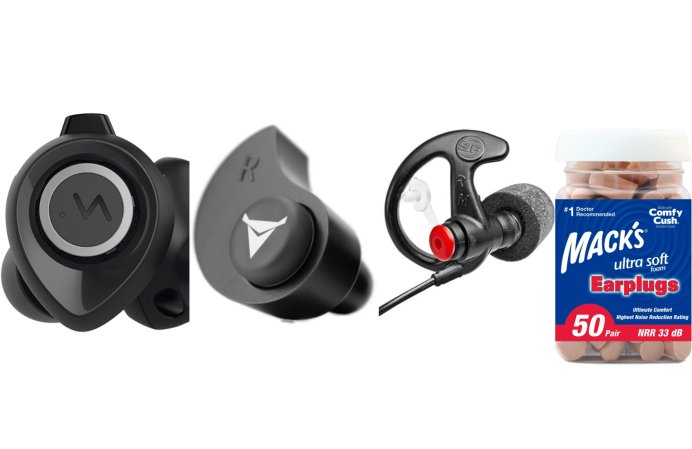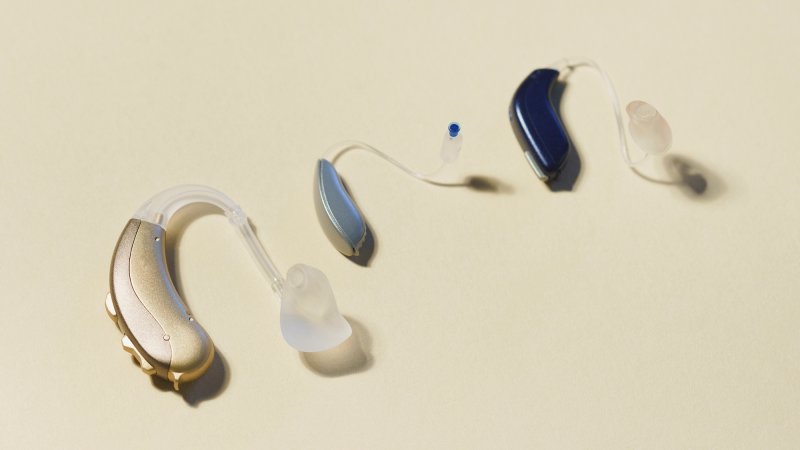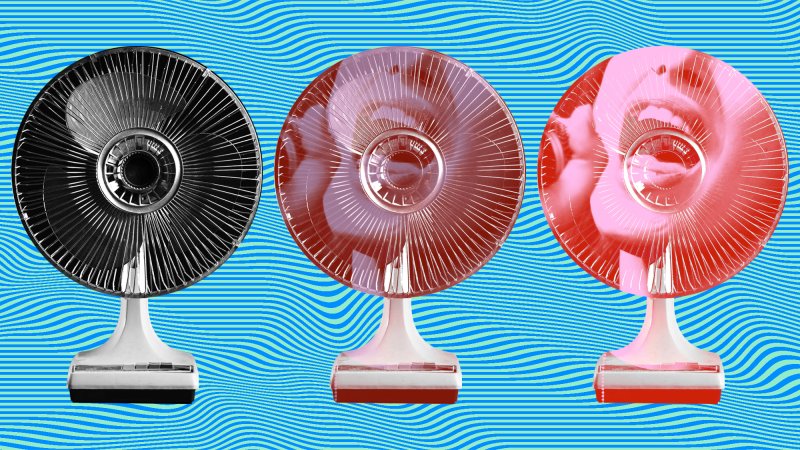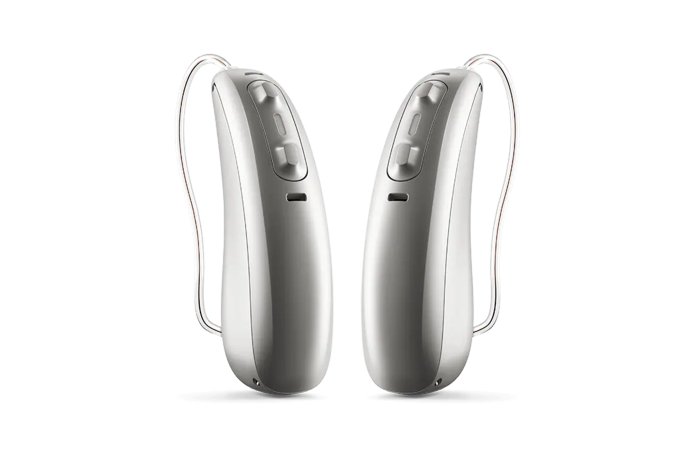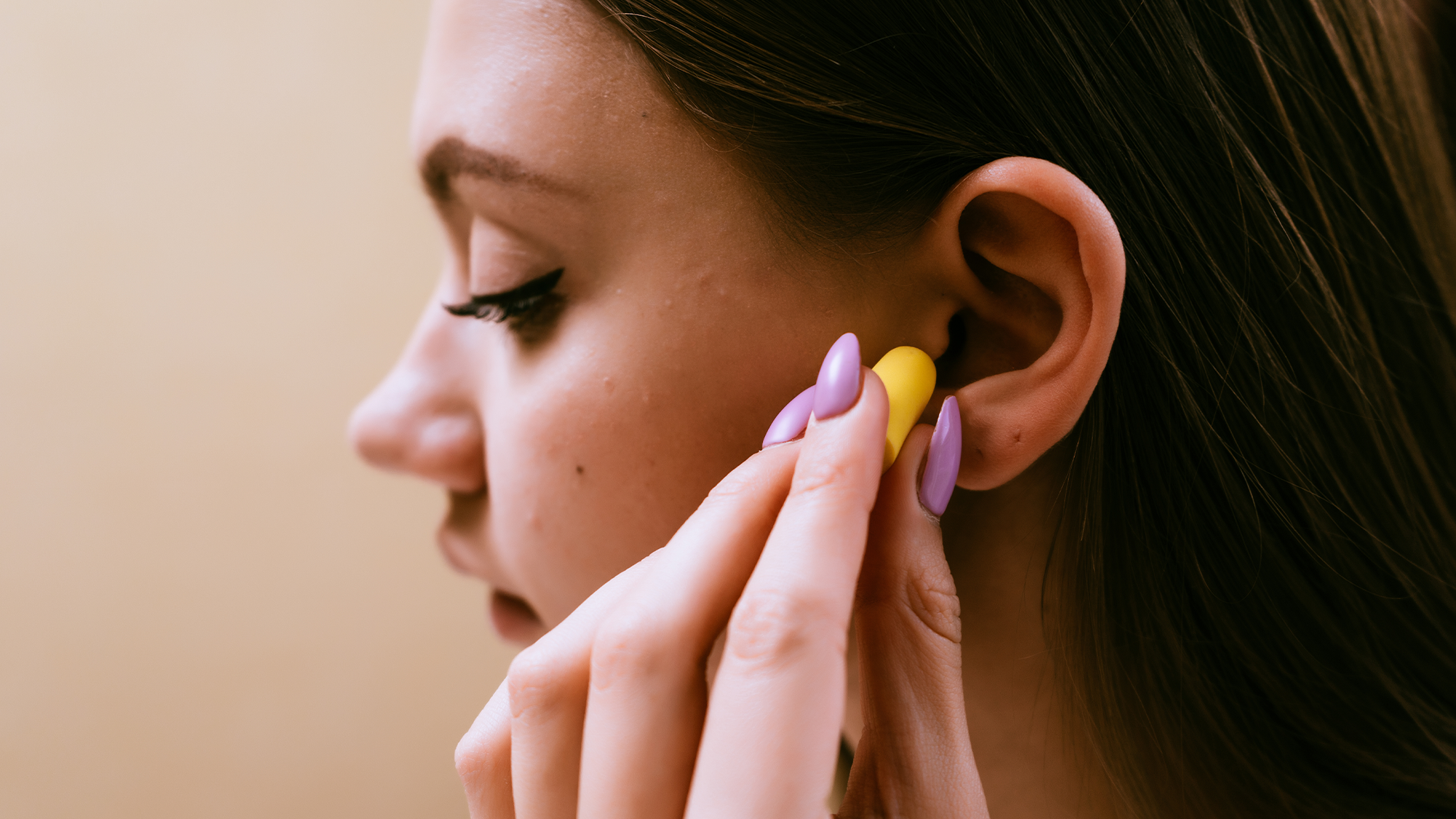

Music at a blaring concert, racket from tools at a construction site, or the firing of weapons can all cause noise-induced hearing loss. An acute traumatic injury to the ear from loud sounds can even progress into some more severe conditions including tinnitus and hyperacusis. People with tinnitus hear ringing or buzzing that isn’t there, while those with hyperacusis generally experience normal levels of sound as painful.
“Noise-induced hearing loss is very common and debilitating. It is a major cause of hearing loss, and one in every five people globally suffers from it,” University of Pittsburgh otolaryngologist Thanos Tzounopoulos, tells PopSci. “Hearing loss, especially noise-induced hearing loss, is very common, yet its biological mechanism is not fully understood.”
[Related: It’s never too early to start protecting your hearing.]
Tzounopoulos is a co-author of a new study that is putting this type of hearing loss in focus. His research found the molecular mechanisms of noise-induced hearing loss in mice and showed that medication can be used to mitigate it. The findings are described in a study published February 12 in the journal Proceedings of the National Academy of Sciences (PNAS).
What does zinc have to do with hearing loss?
Zinc is an essential nutrient for living things. It helps the immune system, metabolism function, the senses of taste and smell, and even helps wounds heal.
About 90 percent of the zinc in the human body is bound to proteins to help them keep their structure and function, while the other 10 percent is considered “free zinc.” It is not tied to proteins and is stored in tiny vesicles inside of the cells and dysregulation zinc can cause problems at the cellular level.
“As previous literature showed, dysregulation in zinc signaling can cause cell degeneration and death and contributes to conditions like ischemia and optic nerve degeneration,” says Tzounopoulos.
A zinc trap
In the study, the team used mice to explore if zinc dysregulation plays a role in the damage that loud noises can do to the inner ear. Only a few hours after the mice were exposed to loud sounds, a robust release of zinc into the space between cells occurred. This extra zinc eventually damaged the cells and disrupted normal communication between them.
[Related: Why what we see influences what we hear.]
The team then administered a slow-releasing compound that trapped excess free zinc in two ways–through a mouse’s inner ear or through the abdomen. The mice that were treated with this compound were less prone to hearing loss and protected from noise-induced damage.
“The fact that both options were effective at protecting mice from hearing loss suggests that, in the future, we could develop a pill that a person could take before a known loud sound exposure to protect oneself from hearing loss,” says Tzounopoulos. “We could achieve mitigation of hearing loss after the noise exposure occurred or even prevent the hearing loss if it was administered in anticipation of noise exposure.”
How to prevent hearing loss
The team is currently developing treatment for preclinical safety studies with the eventual goal of making it an over-the-counter option to protect from hearing loss. According to Tzounopoulos’ research, only 100 decibels–the sound at an average soccer game or a lawn mower–is enough to trigger the rapid zinc release that damages the inner ear and causes hearing issues.
“Prevention is the best way to protect yourself from hearing loss,” says Tzounopoulos. “Always wear earplugs when you go to a loud concert or expect to be in a loud environment.”
Other options include turning down music in headphones, limiting excessive exposure to noise, and moving away from noises whenever possible.

